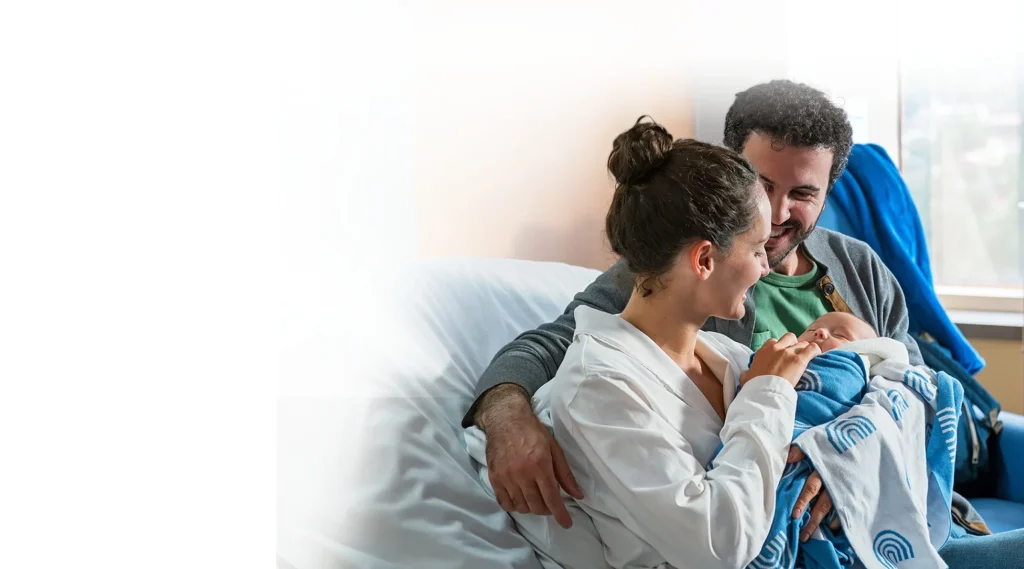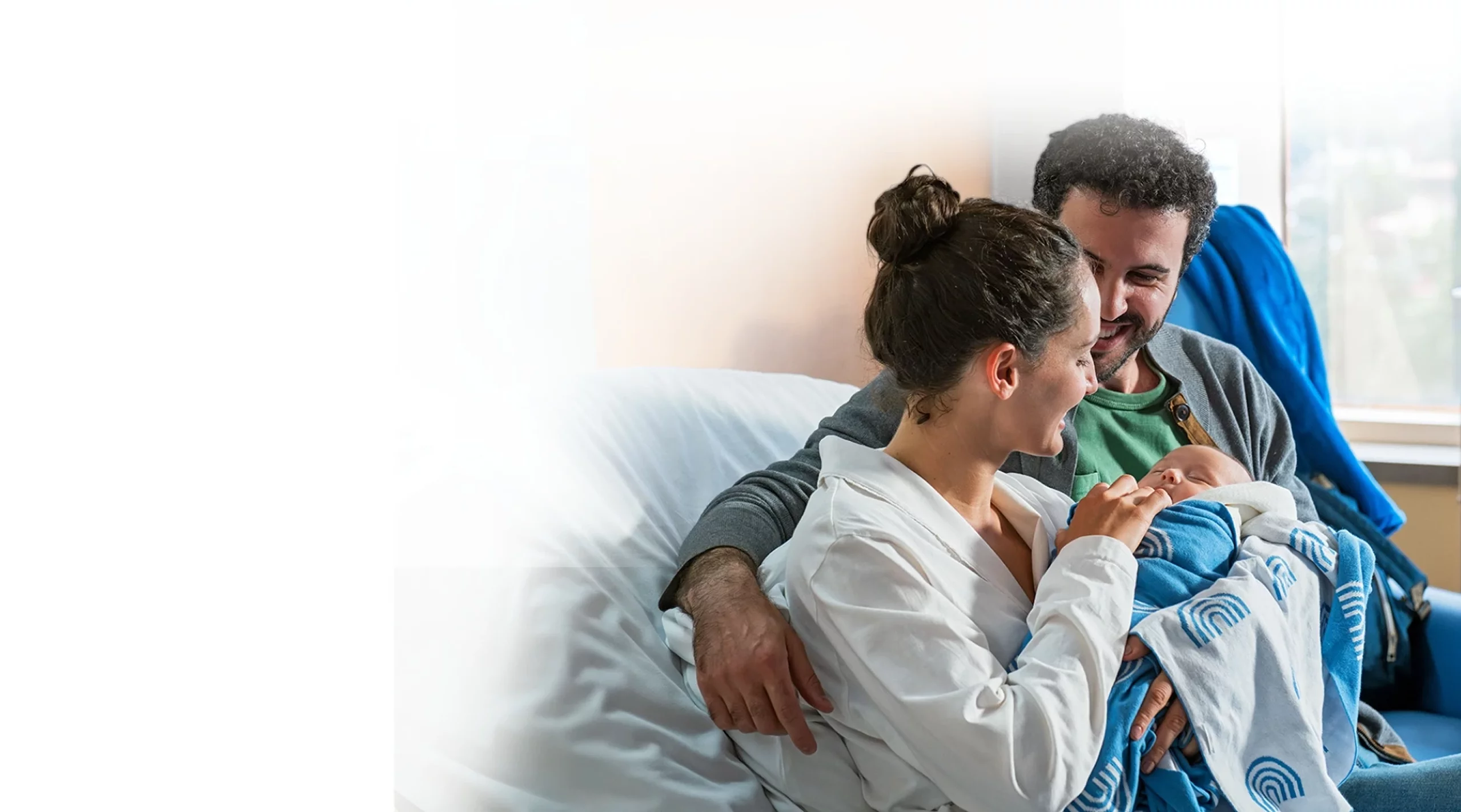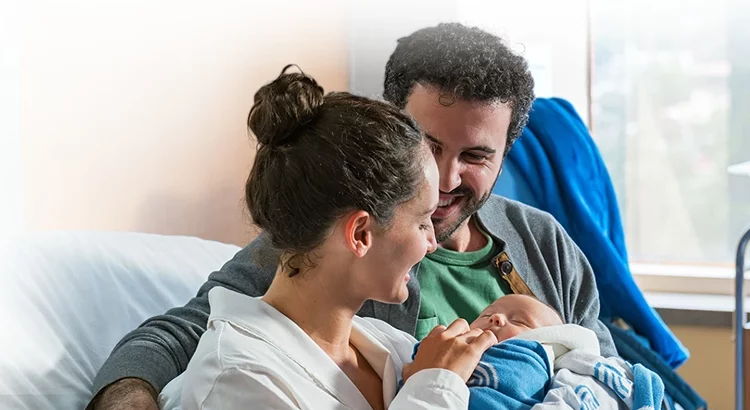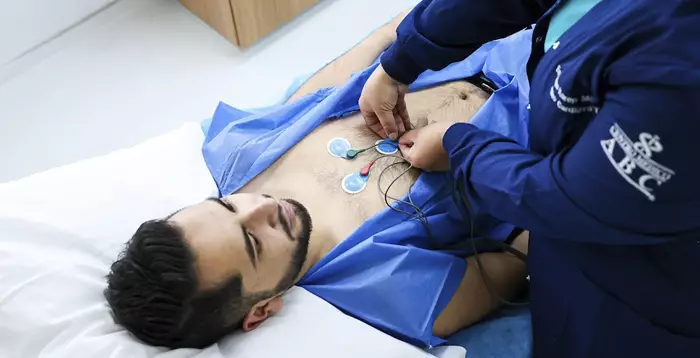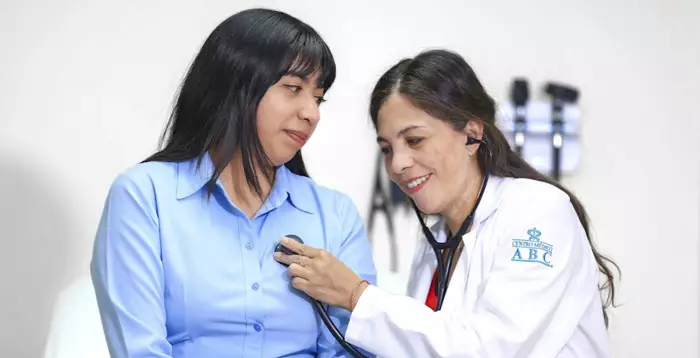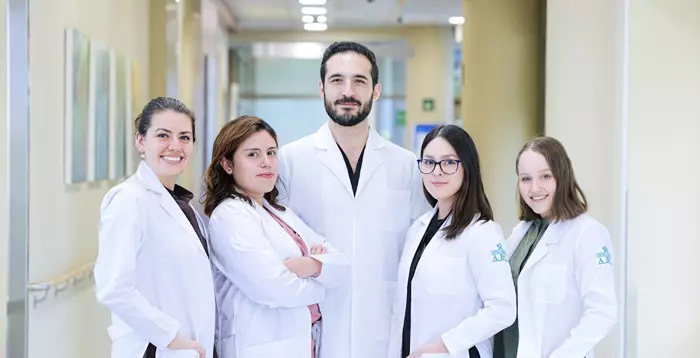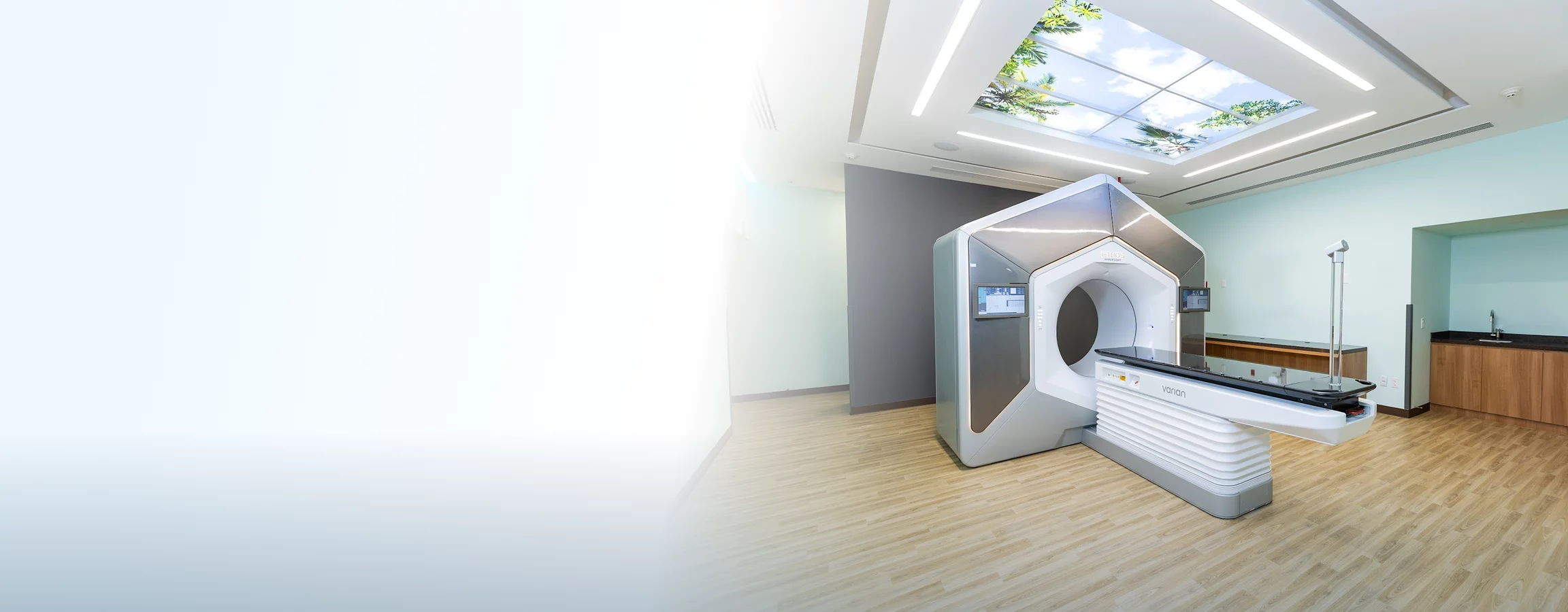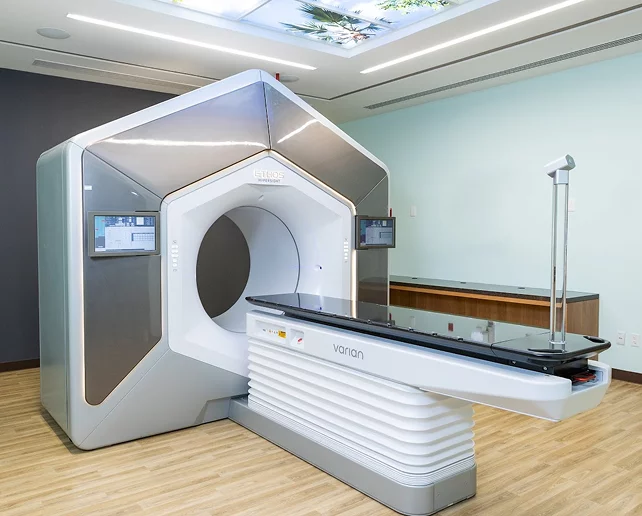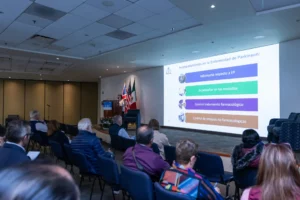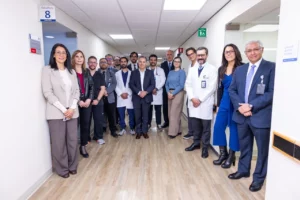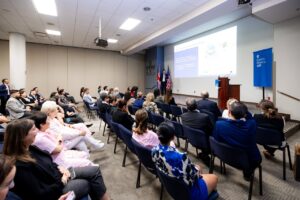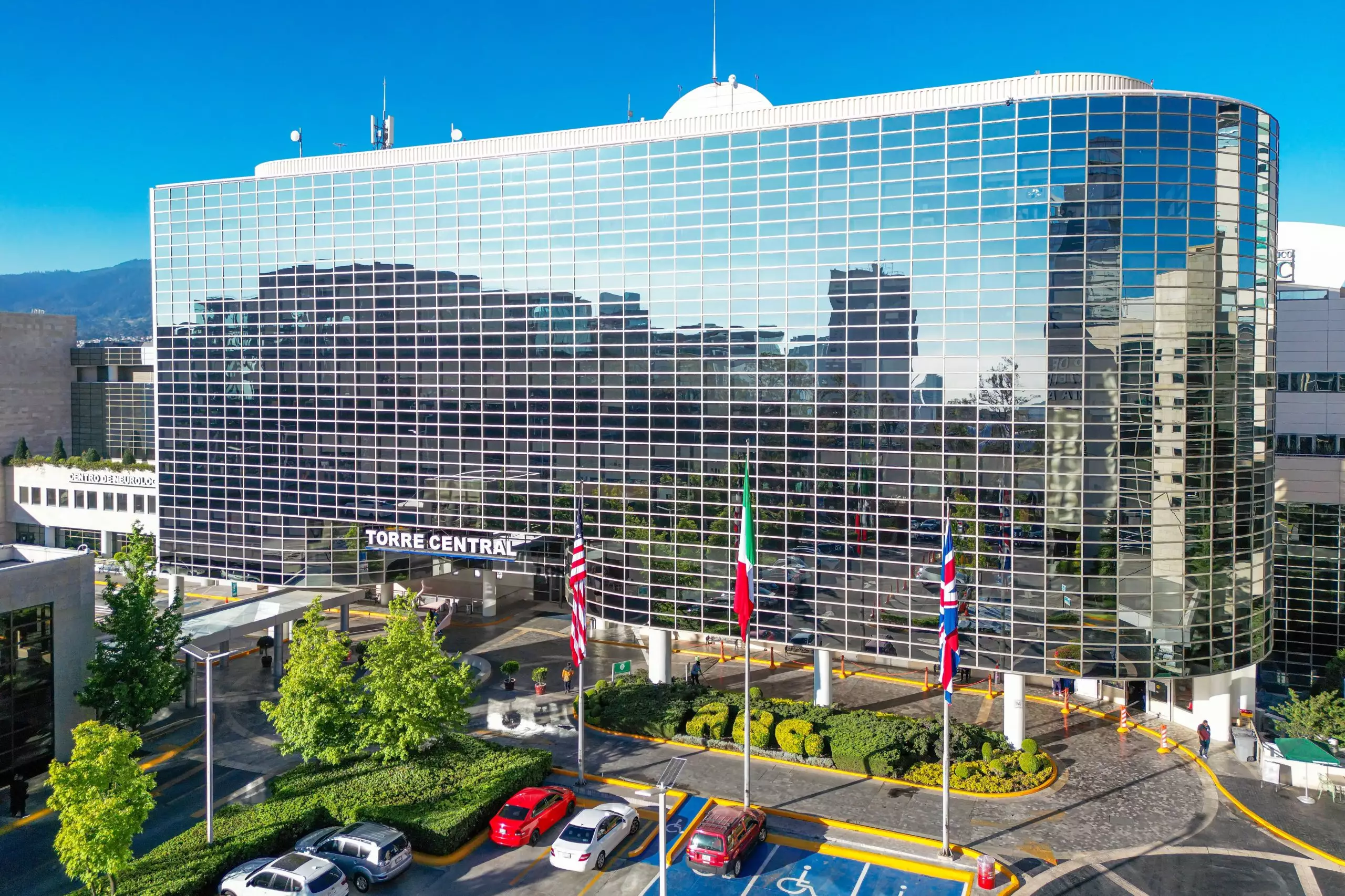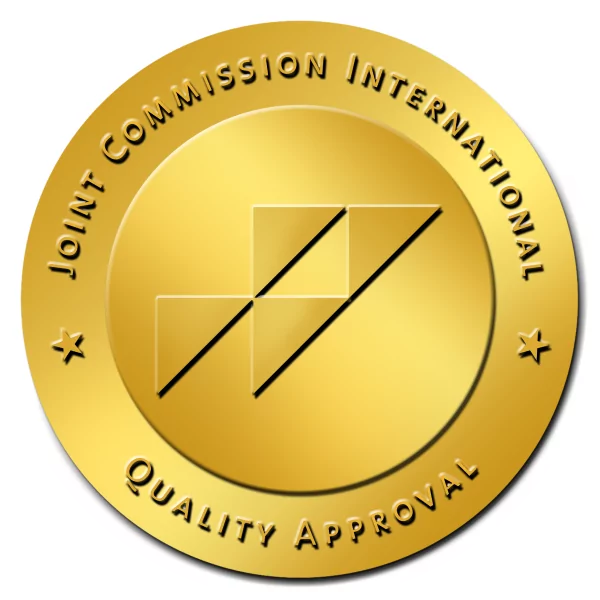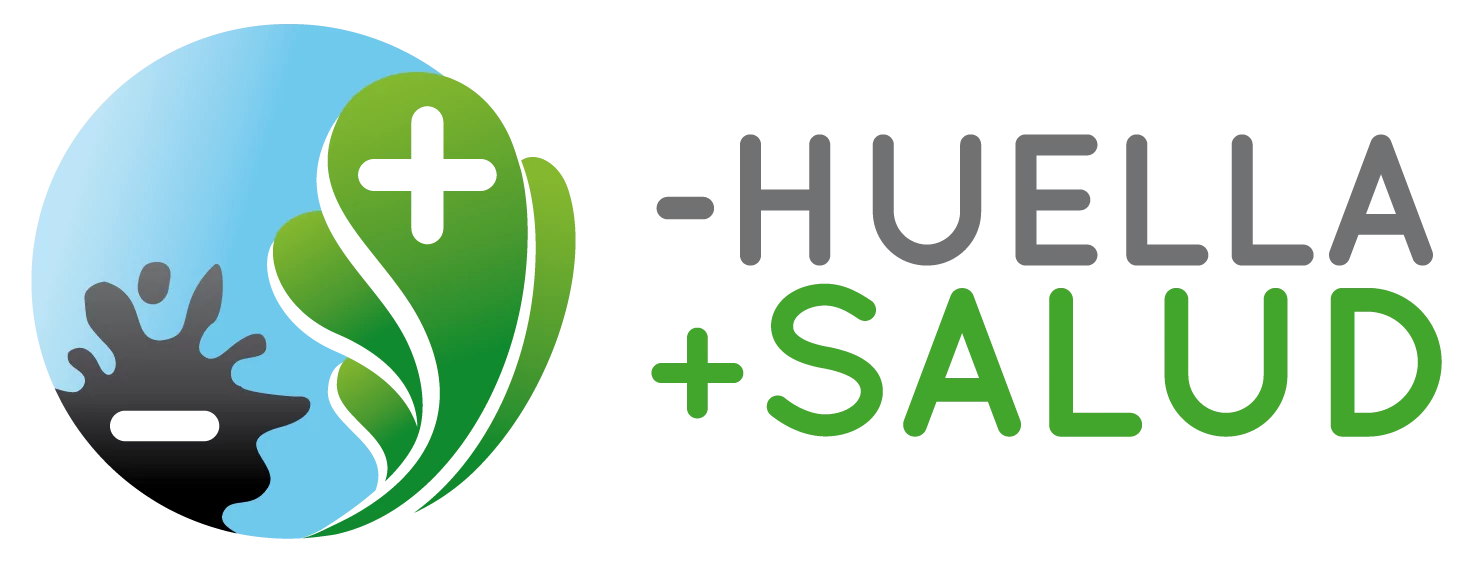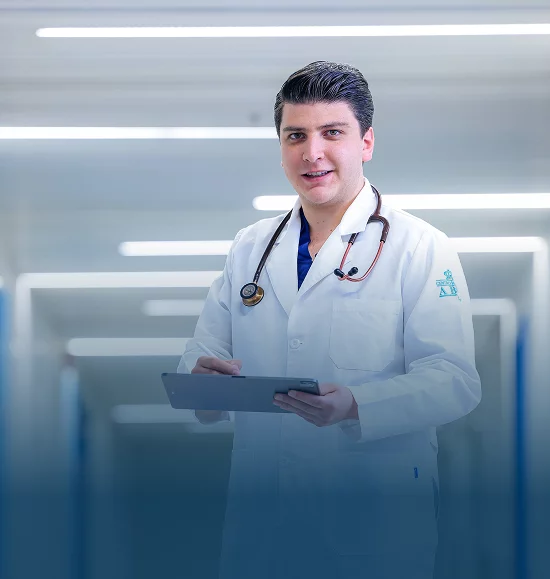
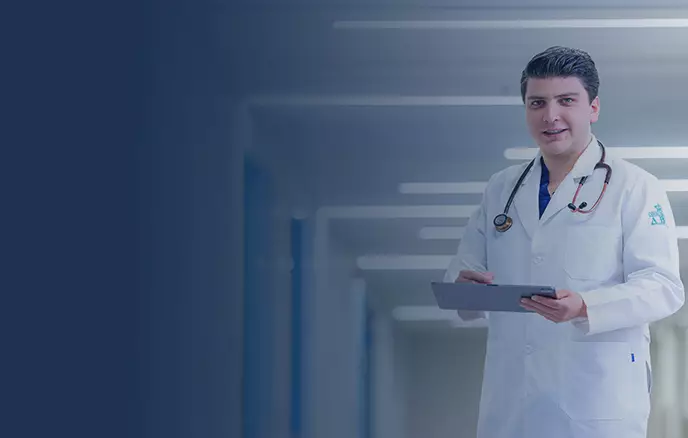
Services
Your well-being and that of your family are a priority for us, which is why we offer you high-quality services to prevent and/or detect possible ailments at every stage of your life.
Vaccination
We have a vaccination program for all stages of life. Availability may vary, so we invite you to fill out the form to receive updated information and schedule your appointment.
Clinical Laboratory Studies
Specialized diagnosis with cutting-edge technology and international accreditation. We provide accurate and reliable results under the highest quality standards.
Imaging and Laboratory
We offer accurate and safe imaging studies, performed by certified specialists and with advanced technology.
Specialty Centers
Preventive Medicine
Choose to be healthy
We offer a wide range of packages focused on the specific needs of each patient according to their age, gender, family, and personal history.
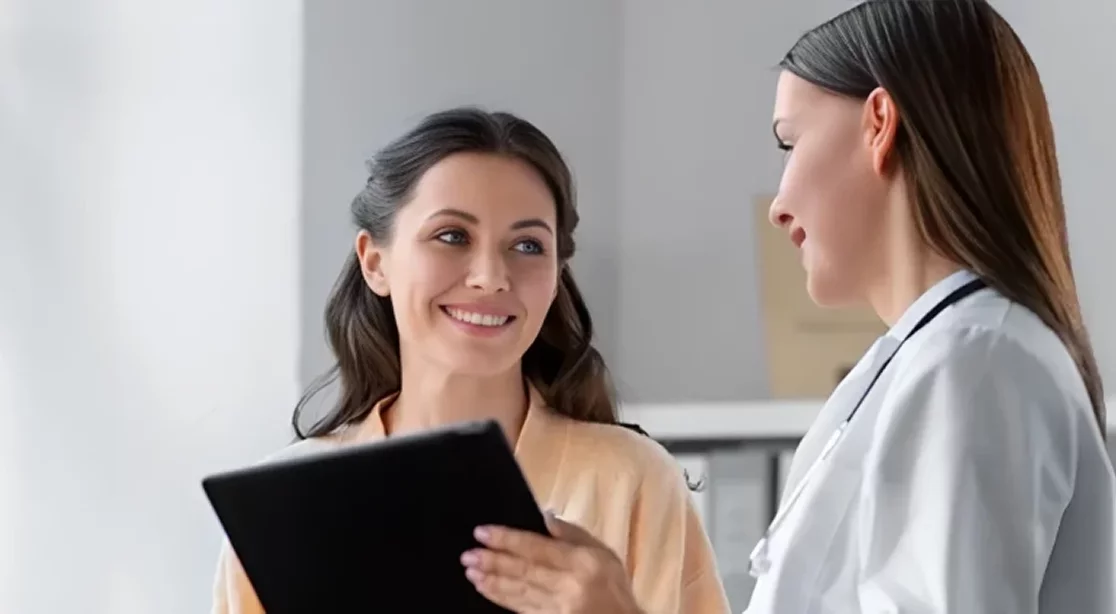
ConsultABC: Consultations without an appointment
Visit the walk-in service at the ABC Medical Center, Observatorio Campus, or Santa Fe Campus.
Availability: Monday to Sunday”
Schedule: 8:00 AM to 8:00 PM
Consultation Fee: $900 MXN*
More information*Price includes VAT. Does not apply to other promotions or interest-free installments. Prices are subject to change without prior notice. Price applies only to consultation and basic care, and does not include other services. Price may vary if referral to another department is required. Does not include the cost of medications.
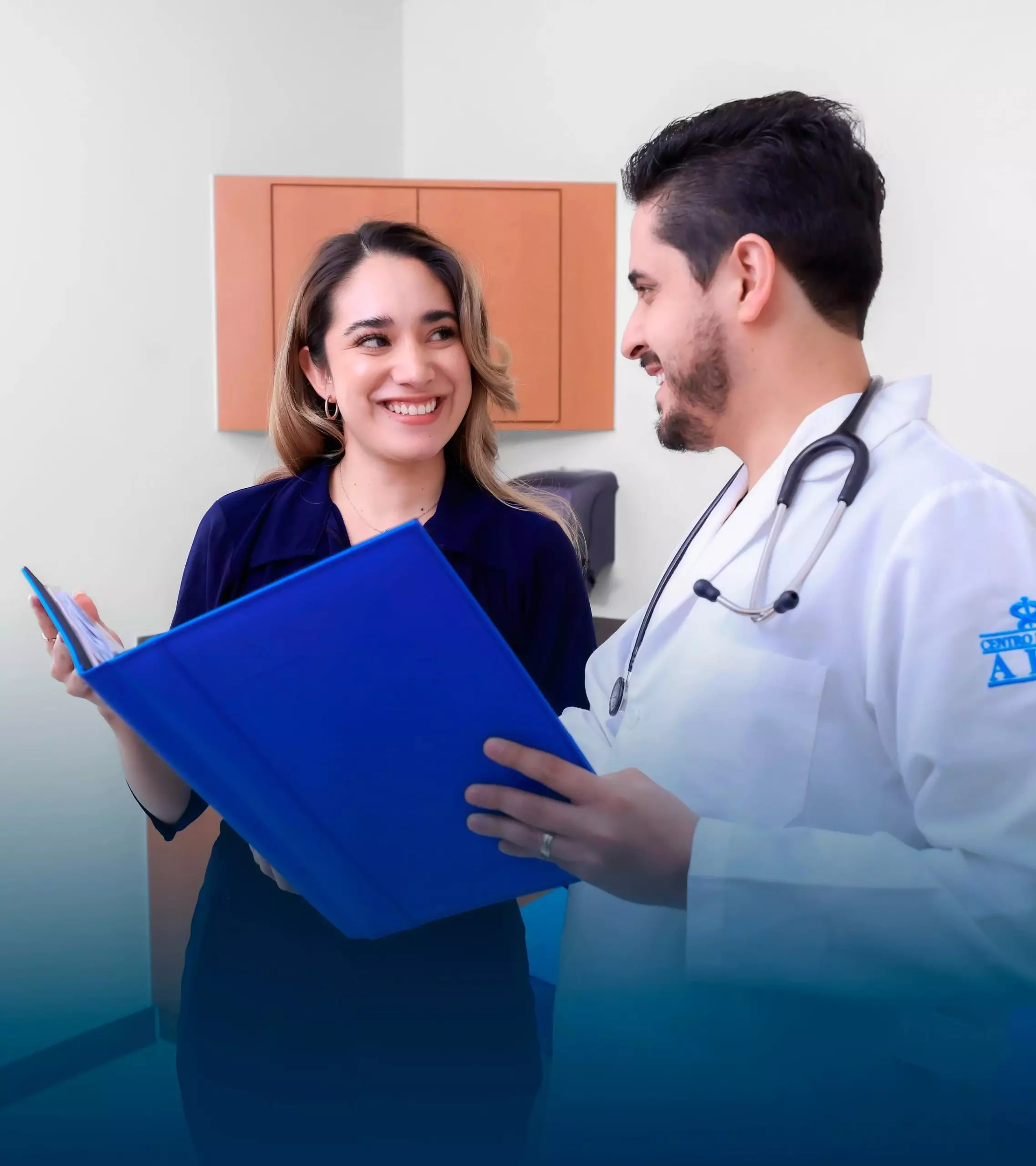
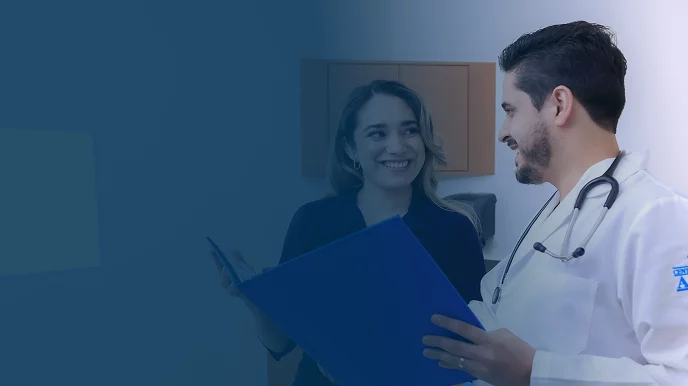
ABC News
Stay updated on the most important news, advances, and events of the ABC Medical Center.
-
ABC Medical Center and Parkinson’s Disease 2025
ABC Medical Center joins the global commemoration of World Parkinson’s Day, observed annually on April 11, to raise awareness about…
See more → -
Inauguration of the ABC Medical Center’s Arrhythmia Clinic
On February 17, the inauguration and ribbon-cutting ceremony of the new Arrhythmia Clinic at ABC Medical Center took place. The…
See more → -
ABC Medical Center Welcomes International Patients
ABC Medical Center Welcomes International Patients On March 10, ABC Medical Center officially launched a new initiative focused on providing…
See more →

